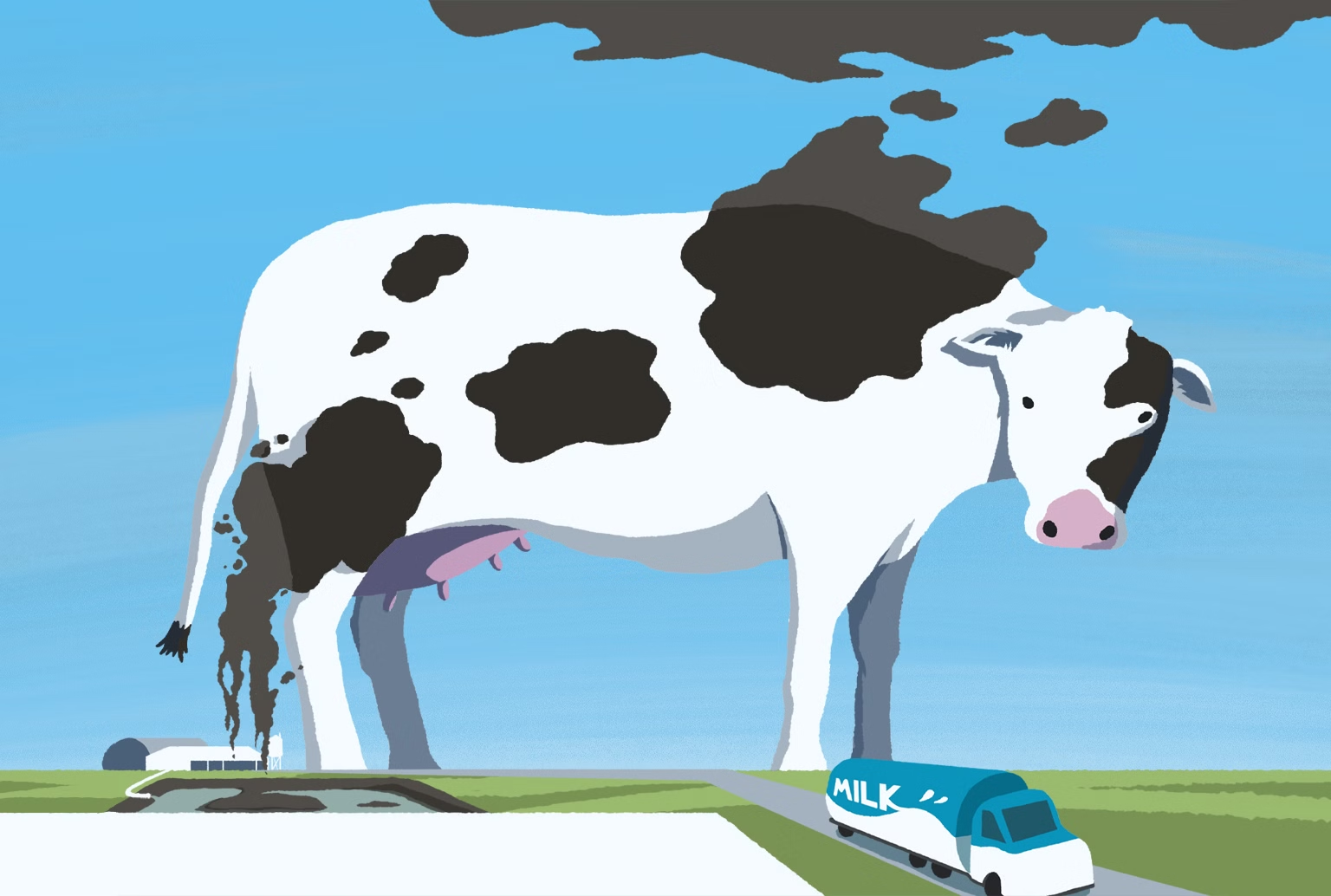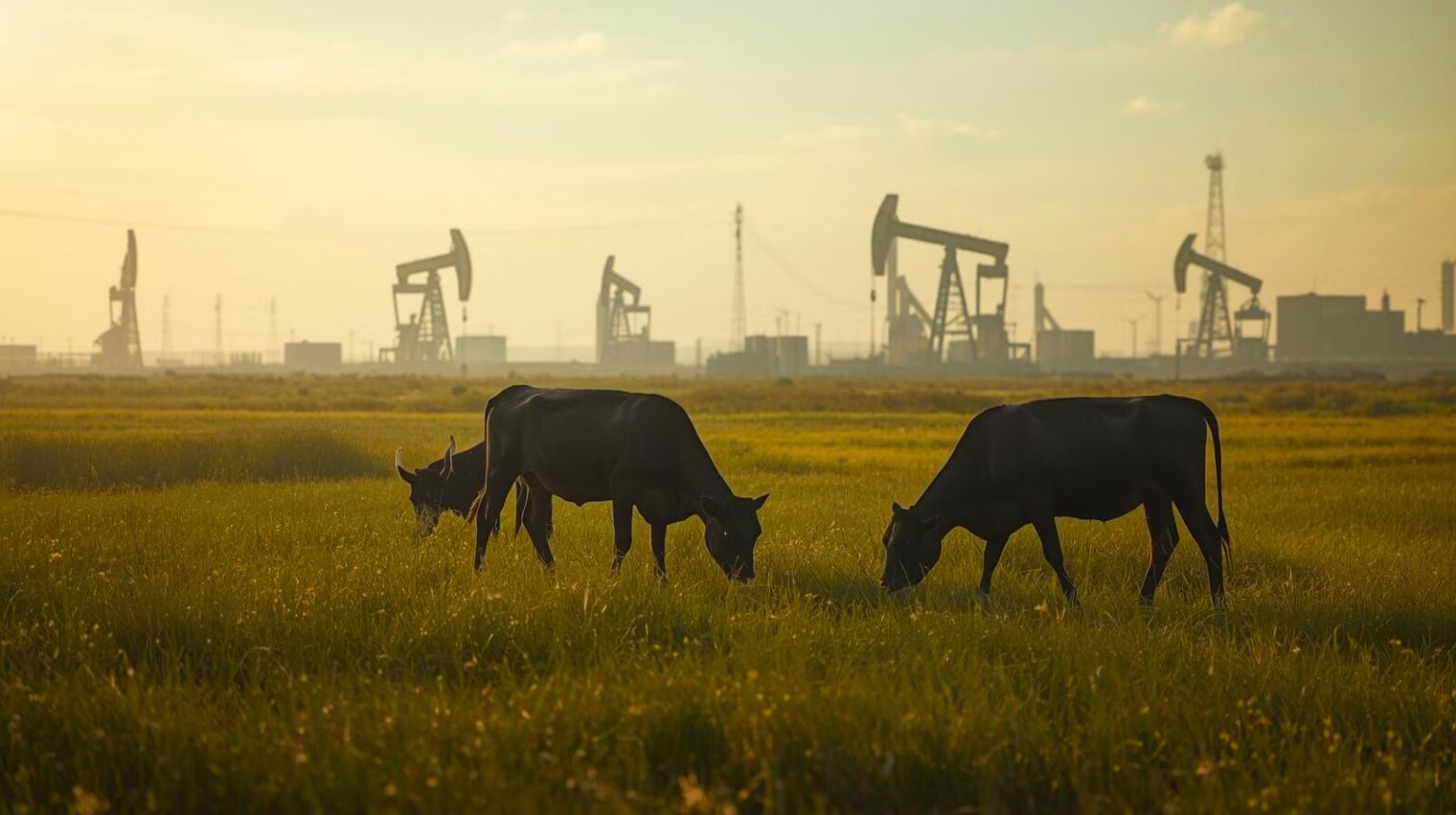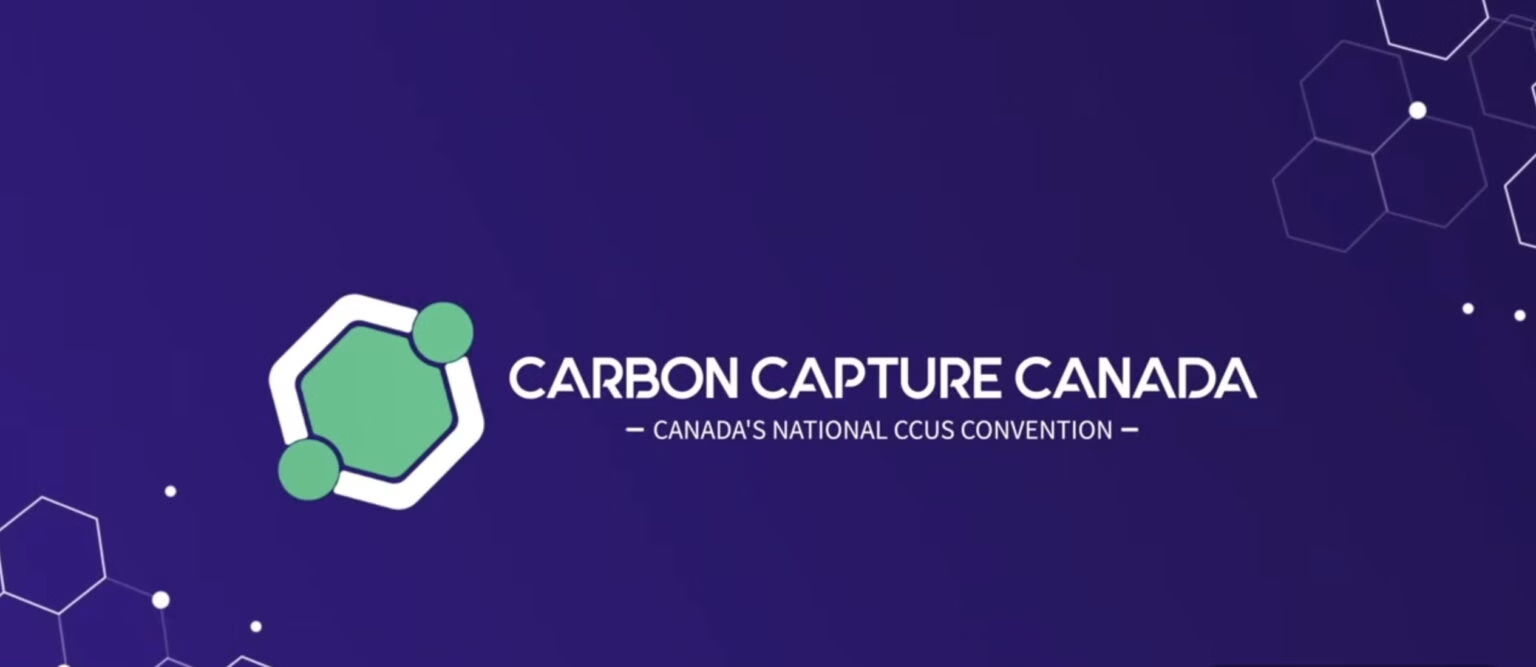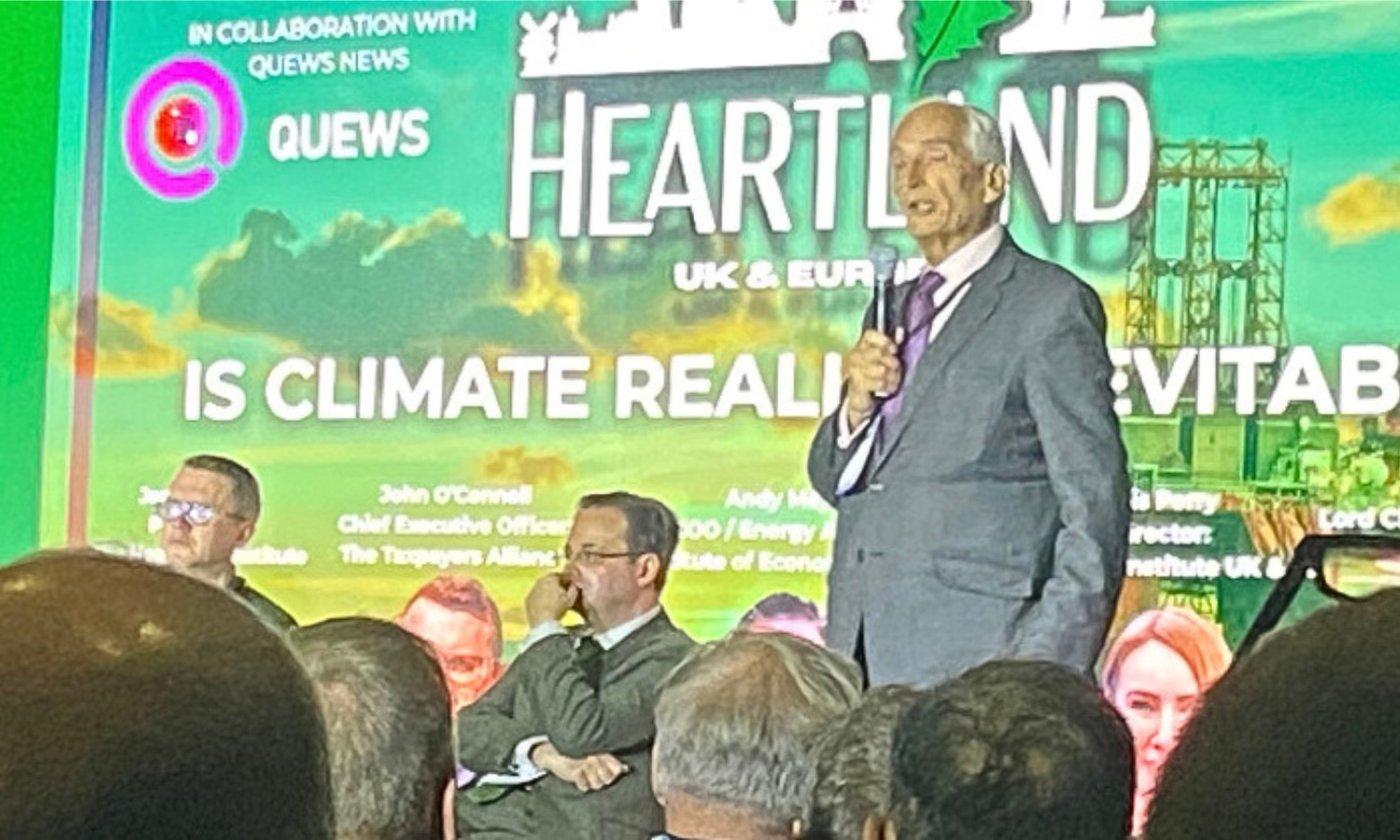
Plus, Canada’s very quiet CCS expo...
From the Editor's Desk
If I asked you to name the number one cause of climate change, I expect most of you would say, “burning fossil fuels.” And the world’s climate scientists would agree.
However, you might still get a meaty surprise: As Joe Fassler writes this week, climate pollution from the world’s top meat and dairy producers rivals many of the biggest fossil fuel companies, according to a new report. In fact, they exceed the global warming emissions of Saudi Arabia, a nation that ranks number two in oil production.
Why? (Hint: Cow burps.) Who represent the biggest offenders? How can people quickly reduce this climate impact? Dive into the full story to find out.
Two Italian journalists bring us an in-depth story on a climate fight in southern Europe. Like a zipper, a new gas pipeline, still under construction, crosses the boot of Italy, down to the southern heel and a town called Melendugno. There, the Trans Adriatic Pipeline (TAP) connects with the Southern Gas Corridor, a natural gas pipeline across the Caspian Sea and a strategic part of the European Union’s effort to wean its dependence from Russian gas.
But among Melendugno’s ancient stones and dry olive groves, Italian activists document methane leaks from the new pipeline and a lack of transparency from the project developers. Fighting to expose the true scale of its climate and public health harms, they ask why the new fossil fuel project already shows the same kind of problems as old facilities.
“This calls into question the commitments made by Italy under the Green Deal and European agreements,” says activist Giorgio Santoriello, who operates a thermal camera to document the methane leaks.
Or why the EU should build the pipeline project, which plans to double capacity to 20 billion cubic meters of gas by 2027, at all. That comes despite Europe’s goals to phase out gas by 2030. Read the full investigation: The Methane Hunters of Melendugno.
Have a story tip or feedback? Get in touch: [email protected]. Want to know what our UK team is up to? Sign up for our UK newsletter.
Thanks,
Thanks,
Brendan DeMelle
Executive Director
P.S. Readers like you power our award-winning journalism dedicated to climate accountability. Can you donate $10 or $20 right now to support more of this essential work?
Image Credit: Andy Carter
Top Meat and Dairy Companies Have Same Climate Impact as Biggest Oil and Gas Firms
— By Joe Fassler (4 min. read) —
New study shows top producers responsible for more carbon dioxide-equivalent emissions than all of oil giant Saudi Arabia.
The Methane Hunters of Melendugno
— By Teresa Di Mauro and Vittoria Torsello (11 min. read) —
How Italian activists are fighting to expose the true scale of the climate harm caused by a giant European pipeline.
No Federal Ministers or Major Announcements at Leading Canadian Carbon Capture Expo
—By Taylor Noakes (6 min. read) —
Pathways Alliance presence was minimal, indicating potential retooling for well-advertised CCS project.
Reform Conference Sponsor Called Farage’s Rhetoric ‘Very Far-Right’
— By Joey Grostern and Sam Bright (5 min. read) —
A media CEO who helped to stage an event with Reform’s main U.S. ally has publicly denounced the party’s leader.
IN CASE YOU MISSED IT
‘Maddening’ Proof Plastics Industry Knew Recycling Was False Solution in 1974, New Document Shows
— By Rebecca John (9 min. read) —
Exclusive finding by DeSmog shows high-level industry awareness that recycling plastic ‘not feasible’ as companies face lawsuits over alleged public deception campaign.
From the Climate Disinformation Database: JBS
JBS (José Batista Sobrinho Sociedade Anónima) is the world’s largest meat supplier, and the second-largest food company, according to JBS’s website. The company produces beef, pork, lamb, chicken, and convenience food products. Headquartered in São Paulo, Brazil and founded in 1953, JBS owns 70 different brands and over 450 production units and sales sites in more than 20 countries. In 2020, JBS reported net revenue of R$270 billion. In a 2020 report, the UK sustainable farming charity Feedback
(now Foodrise) estimated that JBS has the “largest climate footprint of any meat company in the world, with independent calculations suggesting that in 2016 its emissions rivalled Taiwan’s at 280 million tonnes [Mt] of CO2-eq.” In 2021, JBS announced a goal of achieving net-zero emissions by 2040. The company has been repeatedly accused of sourcing beef from farmers linked with illegal deforestation in the Amazon rainforest. In 2017, JBS’s owners were fined $3.2 billion after admitting they had bribed more than 1,800 Brazilian politicians. In 2020, JBS was fined more than $280 million over foreign bribery charges that helped the company to expand its operations in the U.S.
Read the full profile and browse other individuals and organizations in our Climate Disinformation Database, Ad & PR Database, and Koch Network Database.
